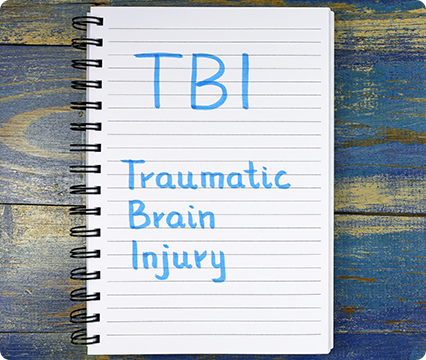
Join the conversation and play your part in helping to shape the field!
CNP is conducting a survey to help CNP better understand current perspectives and needs of the nutrition–mental health connection in education, research, and clinical practice.
Completing this 5-minute survey will help us identify barriers to collaboration between psychological and nutritional sciences and guide future program development, research priorities, and educational initiatives. Your responses are confidential and will play an important role in shaping resources that better serve our community. Thank you for sharing your voice!
Take the Survey Navigation
Navigation






